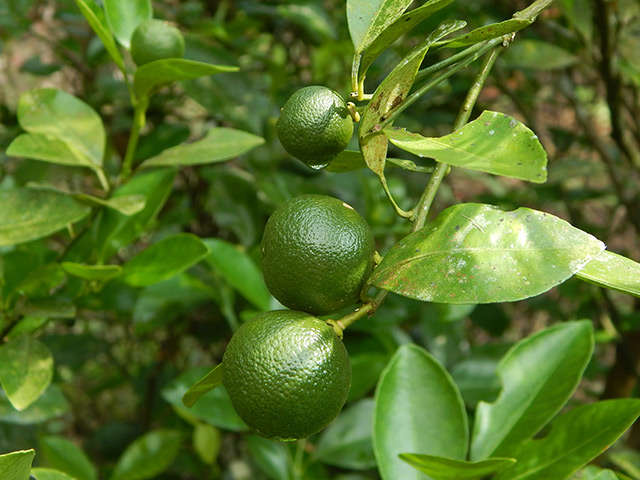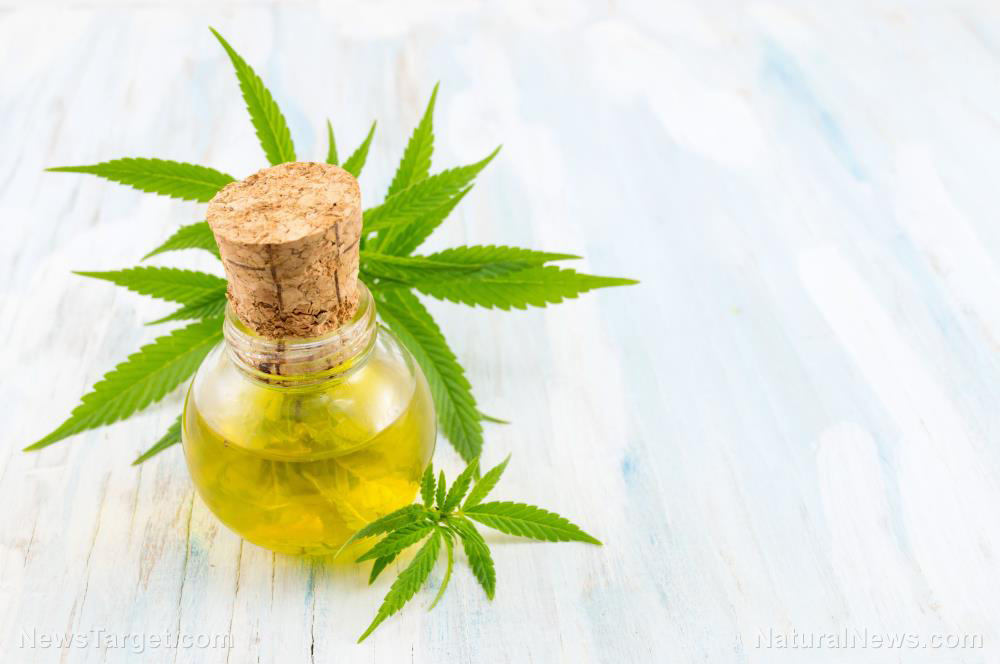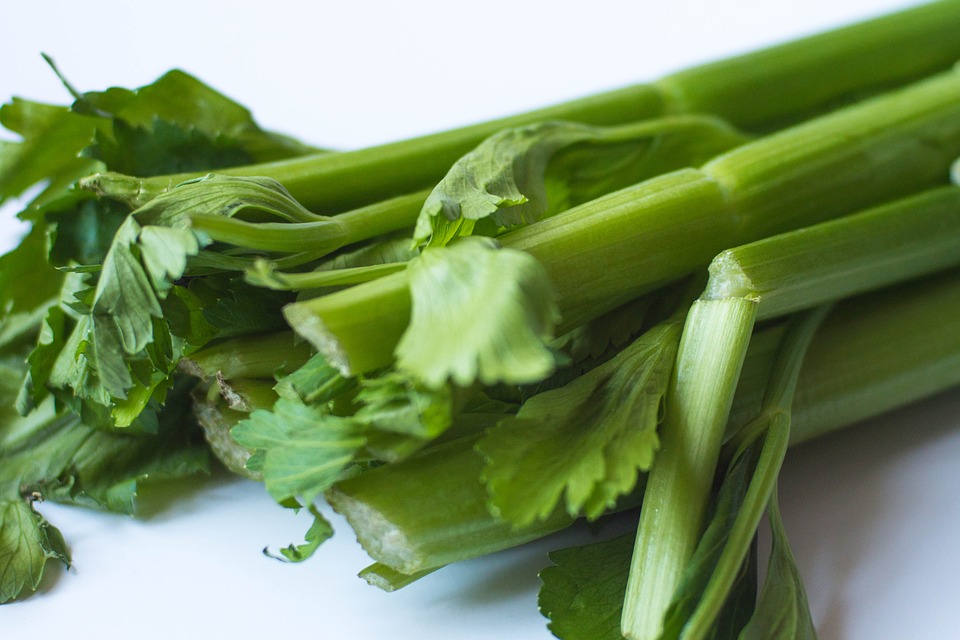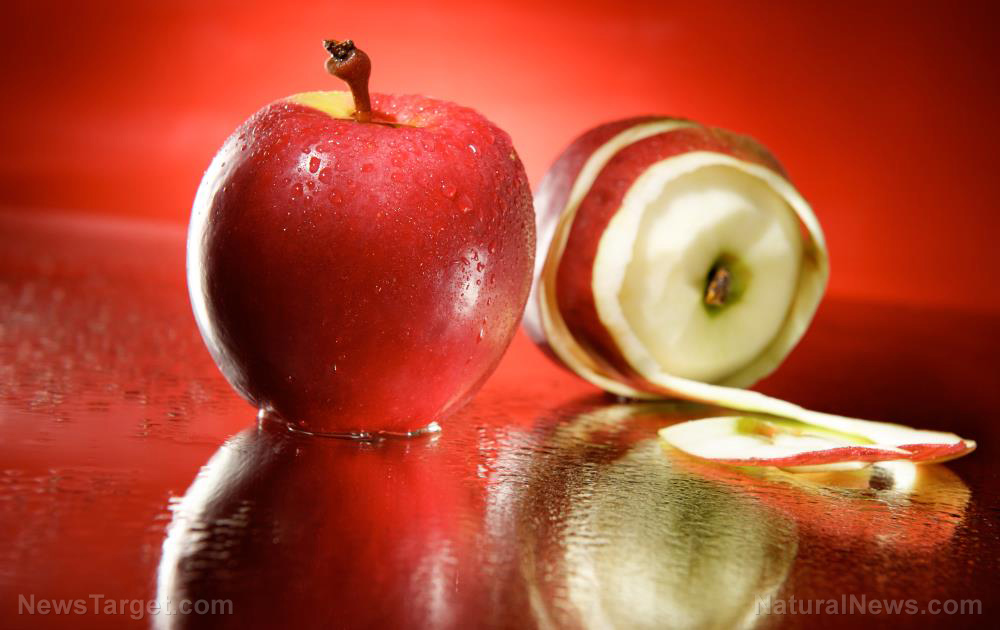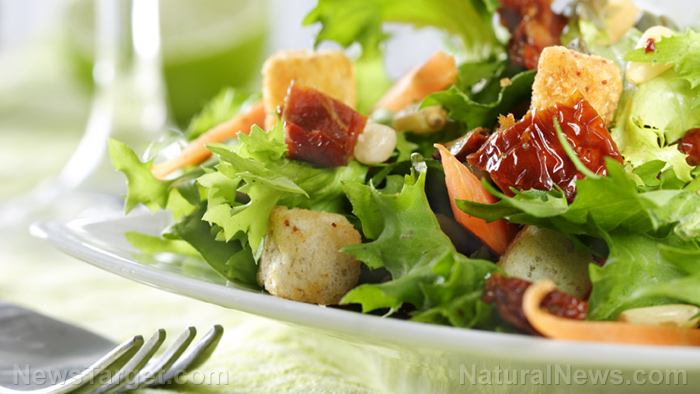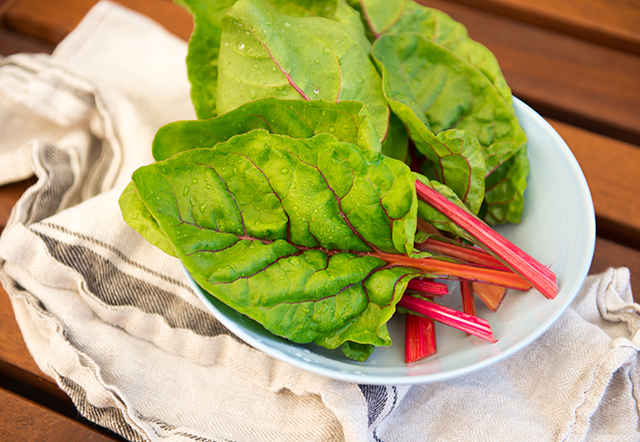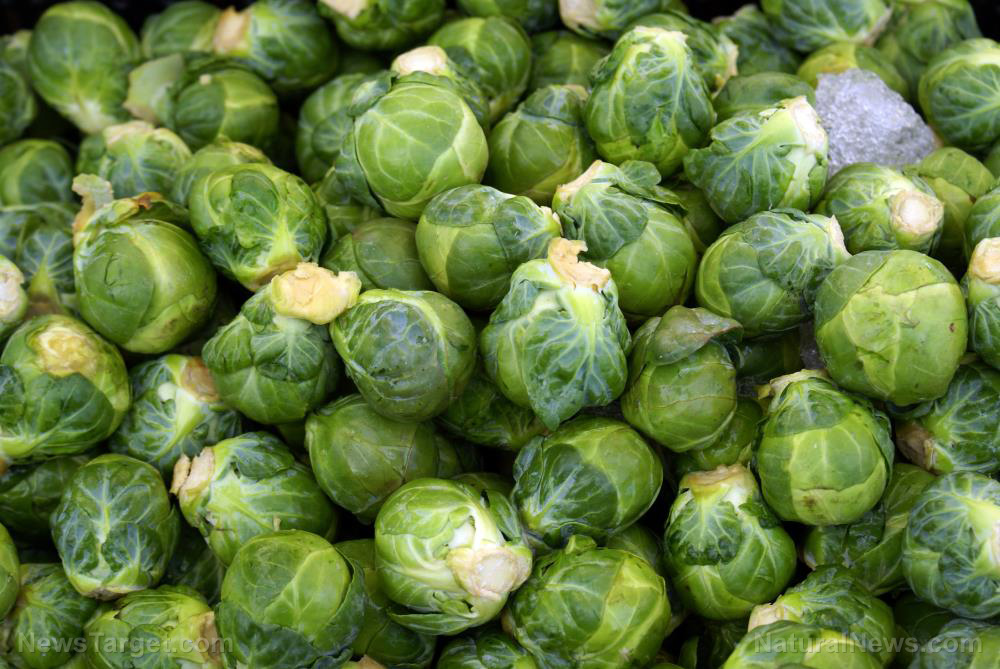Australian raspberry shows potential as a natural anticancer agent
02/25/2019 / By Ellaine Castillo

Researchers from Hangzhou Red Cross Hospital, Zhejiang Chinese Medical University, and The First Affiliated Hospital of Zhejiang Chinese Medical University in China found a potential treatment against leukemia in the Australian raspberry (Rubus parvifolius). Their finding, which was published in the Chinese Journal of Integrative Medicine, was based on the results of an in vivo study conducted in mice.
- Most patients with chronic myeloid leukemia are treated using chemotherapy. Unfortunately, many of them still don’t recover from the disease due to drug resistance, as well as the toxicity and side effects caused by the treatment.
- Many natural products have shown potential as anticancer agents with high activity and low toxicity. One of these is the Australian raspberry.
- The Australian raspberry is widely used in traditional Chinese medicine as a natural remedy for angina, hepatitis, and rheumatism.
- Previous reports have also shown that the total saponins in the Australian raspberry have antitumor activities. However, this evidence resulted from in vitro experiments so the plant’s in vivo antitumor activity remains unclear.
- In this study, the researchers wanted to determine the in vivo effects of total saponins from Australian raspberry on leukemia. To do this, they grafted human leukemia cells onto nude mice and treated them with different concentrations of the total saponins.
- They then determined tumor weight and growth rate, as well as apoptosis status.
- Results showed that total saponins from Australian raspberry inhibited tumor formation, as exhibited by the decrease in growth rate and weight. The team also observed that apoptosis was induced in cancer cells.
From these results, the researchers concluded that Australian raspberry has potential use as a natural remedy against leukemia. This is based on the potent tumor-suppressing effects that it exhibited in vivo.
To read more news articles on natural remedies for cancer, visit Anticancer.news.
Journal Reference:
Xu XF, Cheng RB, Zhang XJ, Gao RL. TOTAL SAPONINS OF RUBUS PARVIFOLIUS L. EXHIBITED ANTI-LEUKEMIA EFFECT IN VIVO THROUGH STAT3 AND EIF4E SIGNALING PATHWAYS. Chinese Journal of Integrative Medicine. December 2018;24(12). DOI: 10.1007/s11655-018-2563-8
Tagged Under: anticancer, antitumor, apoptosis, Australian raspberry, leukemia, natural cure, natural remedy, natural treatment, Rubus parvifolius, total saponins, tumor growth rate







